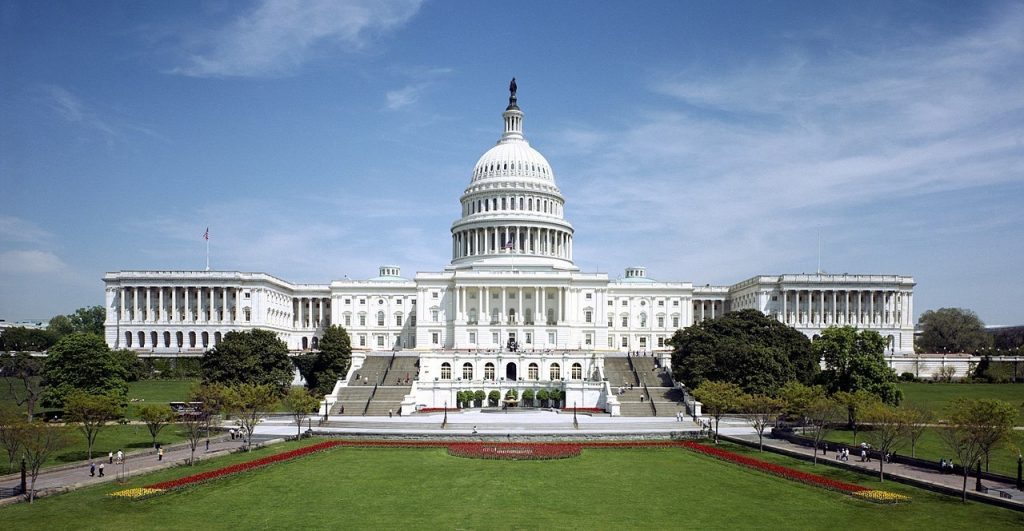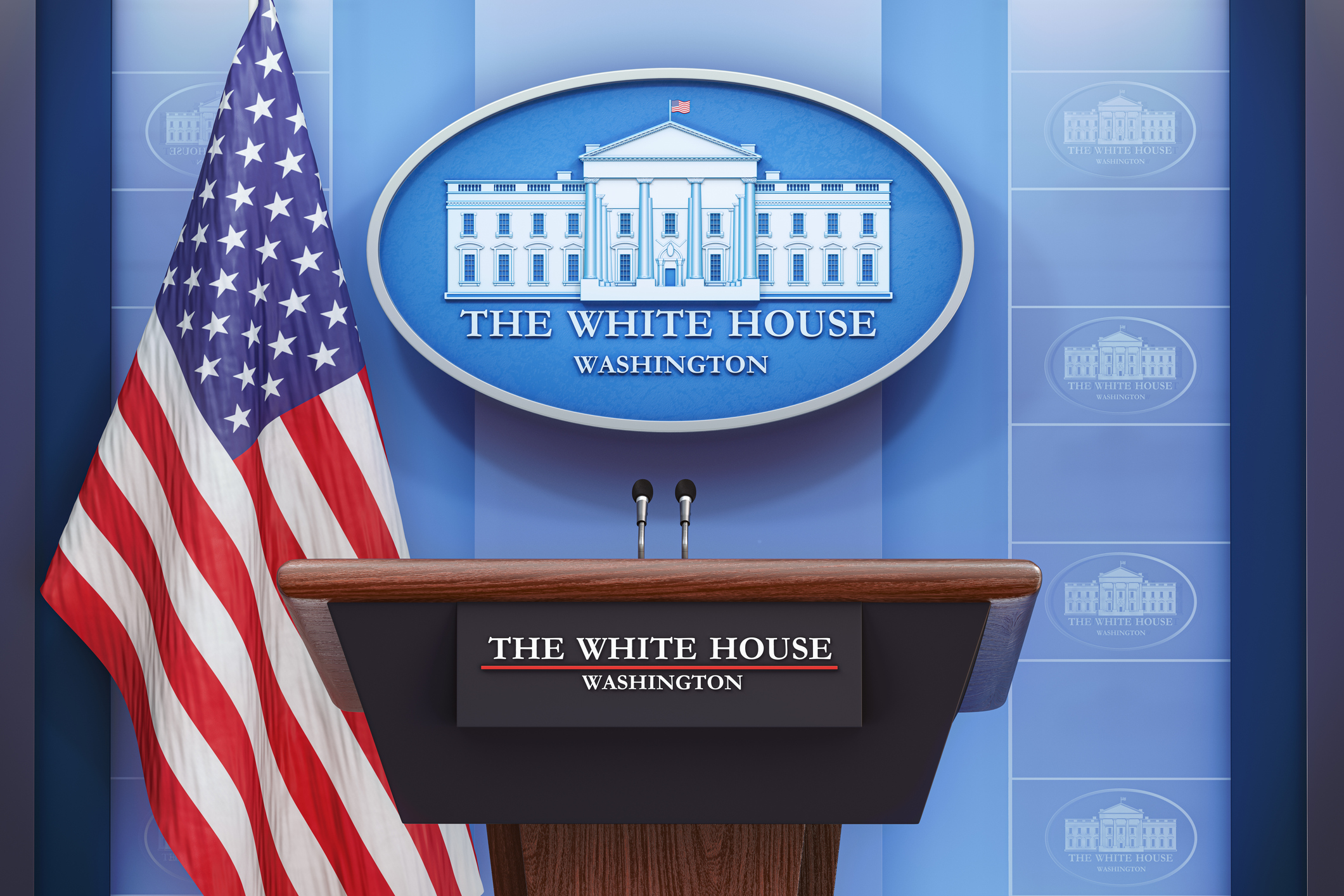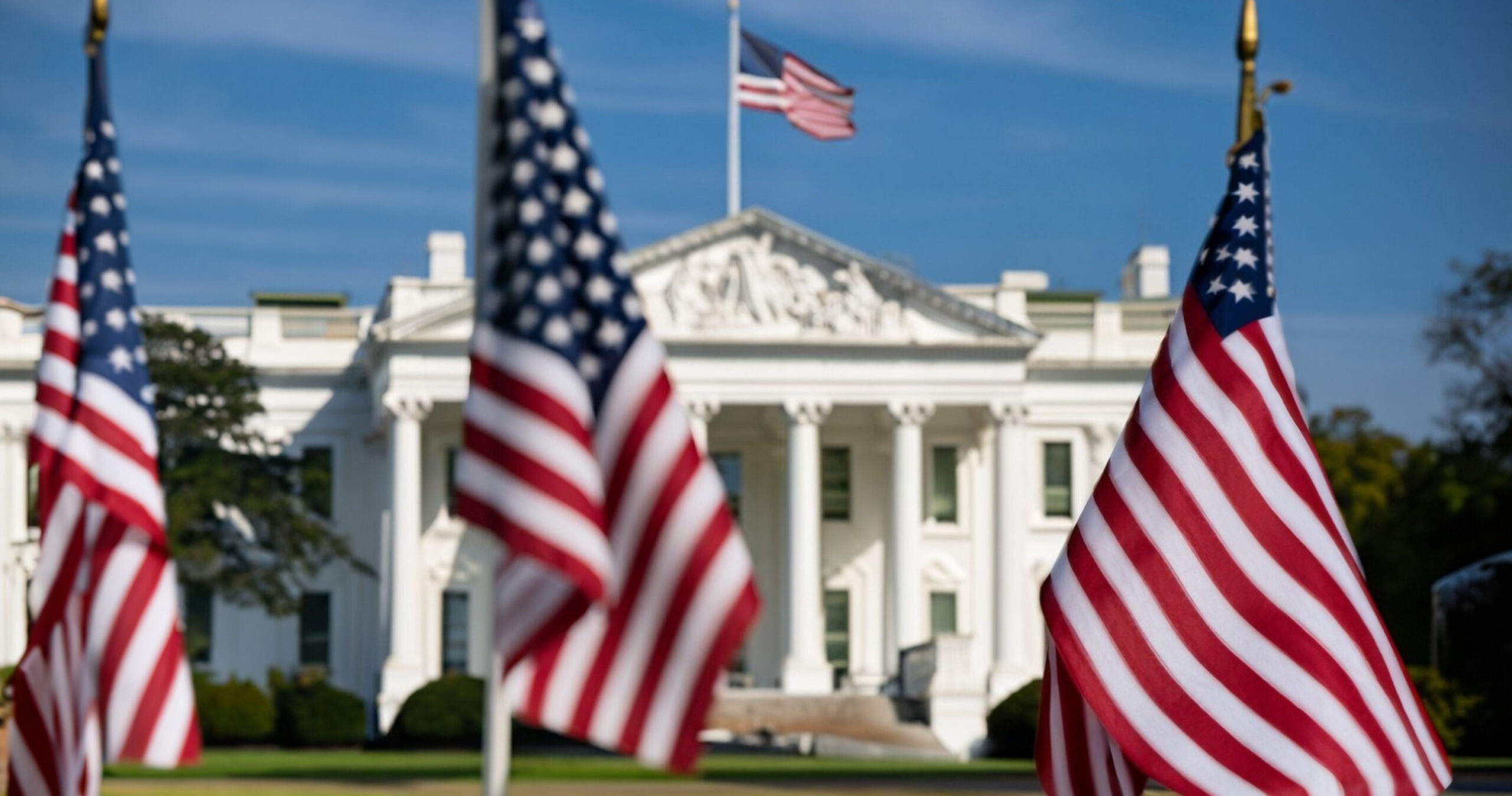
This week, the Senate began its August recess after approving the Congressional budget-deal, President Trump abruptly escalated the trade war with China, and the second Democratic Presidential Debate saw appeals to the working class.
Senate
This week, the Senate passed a bipartisan deal to increase the debt ceiling and federal spending, sending it to President Donald Trump. President Trump supports the plan, which was passed 67-28, with 30 Republicans and 37 Democrats backing it and 23 Republicans and five Democrats voting against. The House passed it last week with President Trump urging support for it. The “Budget Deal is phenomenal for our Great Military, our Vets, and Jobs, Jobs, Jobs!” Trump said on Twitter shortly before the vote.
The bill suspends the debt limit through July 31, 2021, eliminating the risk of a default on federal debt payments until then. It also sets budget caps for two years, allowing $324 billion in additional domestic and defense spending.
Congress will still need to pass spending bills in September adhering to the new $1.3 trillion spending cap to avoid a government shutdown when the next fiscal year starts October 1. Because senators haven’t written any of the 12 appropriations bills, a short-term measure extending current funding is likely for at least some government agencies.
Democratic Debate
This week’s presidential primary debates in Detroit offered the Democratic Party a chance to appeal to the white, non-college-educated workers who instead embraced Donald Trump’s campaign promises to revitalize the Rust Belt. The stakes couldn’t be higher in Michigan, a traditionally Democratic state Trump captured by a razor-thin margin. It arguably will entail boosting enthusiasm among the state’s many white working-class voters as well as African Americans in inner-city Detroit.
The candidates spent time on issues facing people of color, who are ill-treated by the U.S. health-care and criminal-justice systems as well as cities with poor schools and crumbling infrastructure. For the Democratic Party, taking back Michigan may come down to getting more people to the polls in Detroit and Flint, who reliably vote Democratic.
Trade War
This week, Trump tweeted that he would levy a new 10% tariff on $300 billion of Chinese goods, in an abrupt escalation of his trade war. Trump said he would impose the tariff on Chinese products that aren’t yet subject to current U.S. duties. The new tariff will be imposed beginning Sept. 1, he said in a tweet. Another $250 billion in Chinese goods are already subject to a 25% U.S. tariff.
Treasury Secretary Mnuchin and U.S. Trade Representative Robert Lighthizer returned from talks with Chinese counterparts in Shangai this week. Negotiations have been at an impasse since May.
Latest News
Photo credit: iStock.com/sommart In 2025, state governments across the U.S. are advancing initiatives to improve administrative efficiency and modernize civil service, adopting tailored strategies to better serve residents. Recognizing the importance of adaptability, innovation, and [...]
Photo credit: iStock.com/BackyardProduction Governor Josh Shapiro delivered his 2025-26 budget address, outlining economic initiatives, public safety measures, infrastructure improvements, and education funding. His speech emphasized continued investment in key sectors to strengthen Pennsylvania’s [...]
Photo credit: iStock.com/Bet_Noire On January 20, 2025, Donald Trump was inaugurated as the 47th President of the United States, marking the beginning of a second term in office. Trump immediately set the tone for the [...]
Photo credit: iStock.com/Castle City Creative The U.S. president's cabinet is a cornerstone of the executive branch, serving as the president’s closest advisors and leaders of the federal government’s major departments and agencies. Established through [...]






Stay In Touch